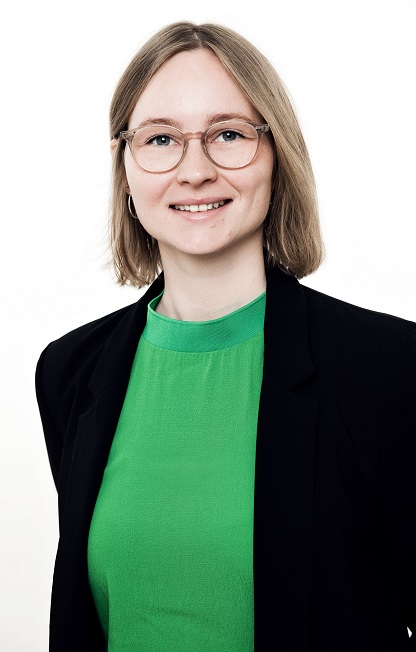
Alexandra Widrat is a researcher in the field of Sustainable Entrepreneurship at the Borderstep Institute. Her research interests are green start-ups and sustainable business models as drivers of sustainability transformation. She is currently involved in the projects EdiCitNet (Edible Cities Network – Integrating Edible City Solutions for socially resilient and sustainably productive cities) and Sustainability4All (Sustainability as a success factor for all start-ups) and supports StartGreen.net, the platform for the green start-up community.
Alexandra previously worked at Borderstep as a trainee on topics including impact measurement of start-ups and start-up support programmes (IMPACT of sustainability-oriented start-up support) and student-business collaboration in innovative green venturing formats (ScaleUp4Sustainability).
She has an interdisciplinary background with a BA in Sinology from Leipzig University and a MSc in Environmental Studies and Sustainability Science from Lund University. Prior to joining Borderstep, Alexandra Widrat worked for a sustainability consultancy in Berlin and in international cooperation in a Chinese-German partnership project at the Deutsche Gesellschaft für Internationale Zusammenarbeit (GIZ).